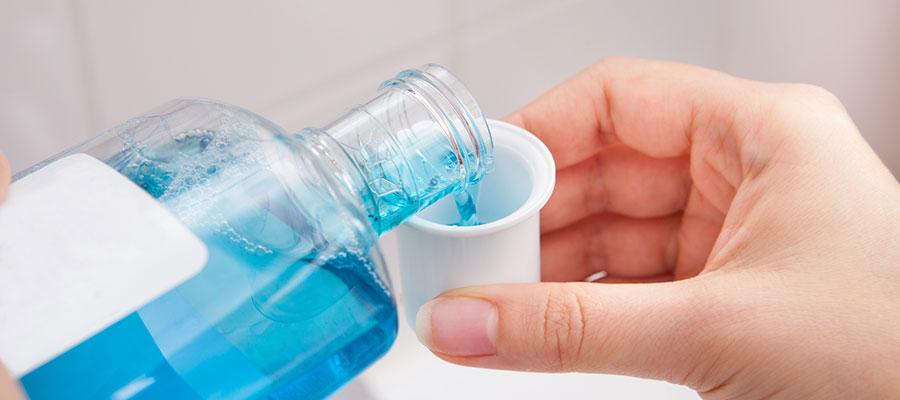Study: Protocol reduces post-hospital MRSA infections by 30 percent

A treatment protocol to prevent Methicillin-resistant Staphylococcus aureus infections after hospital discharge in patients known to carry the bacteria on their body reduced MRSA infections by 30 percent more than education alone, according to a study funded by the Agency for Healthcare Research and Quality and reported this month in the New England Journal of Medicine. The patients were treated with a combination of an over-the-counter antiseptic for bathing or showering, plus prescription antiseptic mouthwash and antibiotic nasal ointment. Participants who followed the treatment completely had a 44 percent reduction in MRSA infections and 40 percent reduction in all infections. "The results of this study show that focused attention on removing MRSA can reduce infections and make a measurable difference in the lives of patients,” said AHRQ Director Gopal Khanna.

